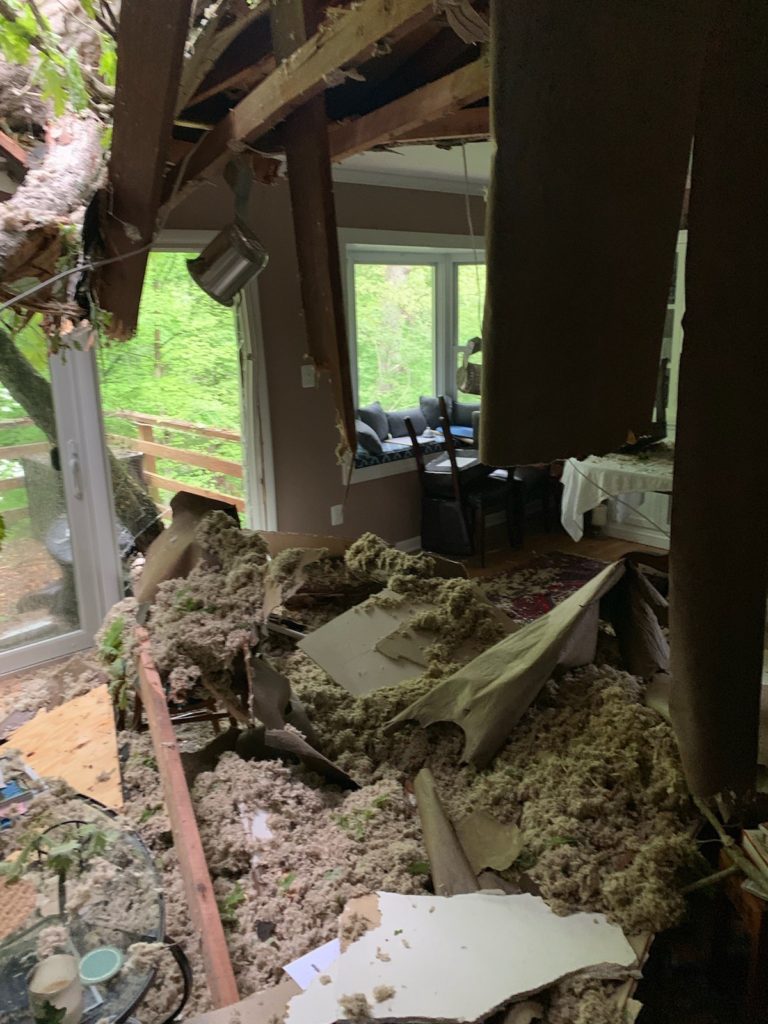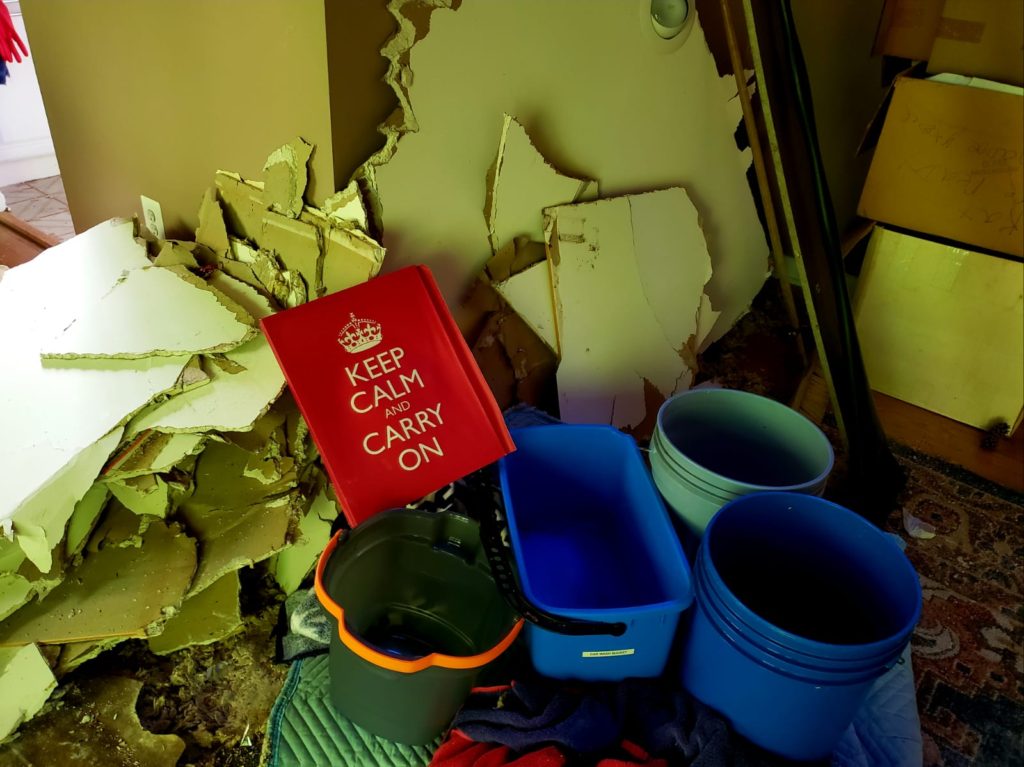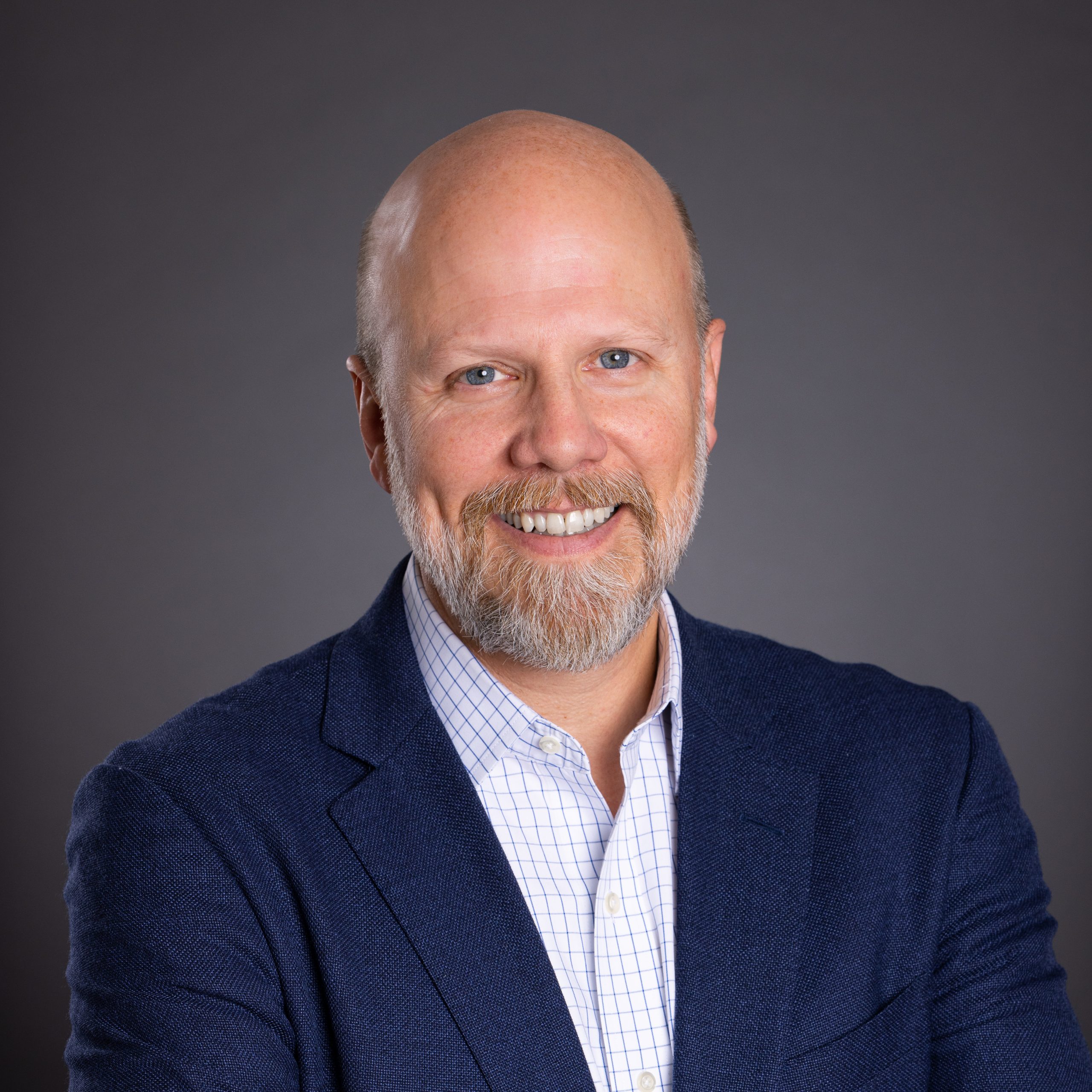…The way is clear,
The light is good,
I have no fear,
No, no one should.
The woods are just trees,
The trees are just wood.
No need to be afraid there…
Stephen Sondheim’s iconic “Into the Woods” is the stuff of Broadway legend. And with good reason. Its lyrical genius originates from revealing the dark side of popular fairy tales like Jack and the Bean stock, Little Red Riding Hood, and Rapunzel. Its lessons are simple – there are trade-offs and consequences to our decisions, and they are often as unpleasant and deadly as they are “happily ever after”.
Sondheim made one mistake. He described trees as “just wood”.
I beg to differ.
They are living, breathing, malevolent beings that conspire together to destroy our world and make our lives unpleasant.
What, too harsh?
 The Truth of Trees
The Truth of Trees
In April, a 90 foot healthy white oak decided to tempt gravity and crashed through my attic, deck, living and dining rooms. Needless to say, it was unexpected. Any fondness I once felt for forests and their green inhabitants dissolved into an appreciation for all things urban and artificial. Nature is simply overrated.
That may be extreme hyperbole, but you get the drift. My wife and I have been homeless these last three months while all the reconstruction and remodeling (both necessary and opportunistic) are completed. My daughter is entering her final year of college and will not return to DC after graduation. She is spending her last summer at “home” living out of a suitcase. It’s been disruptive to say the least, and a bit disorienting for us all.
It also reminds me of the continued need to act and prepare for what can crash into our life’s rooms. Or at least to re-engage with my neglected “to do” list.
Balancing Risk
We factor in risk when we make decisions, based on our own preferences. In some cases we mitigate it, in others we accept it. I chose to live with a half-acre of dense woods behind (and over) my house. I limb and prune, remove underbrush and overgrowth, ensure that there is adequate irrigation. But the bottom line is I cannot stop nature’s forces. My sewer line backed up when roots grew into the underground pipe. My trees fell when rain saturated ground could not compete with the frequent afternoon storms of Washington, DC. It is why insurance agents call such things “an act of God”.
There is a fine balance between worrying too much about risk and taking unnecessary ones. Young parents (and those of teenagers) are notoriously overplaying the risk card these days. They forget that risk and its consequences are how we learn. We need to take these lessons seriously.
Is there a silver lining to my unexpected conflict with The Great Oak?
Of course.
The bank account balance is noticeably lower, but at least some of what has been invested in the house will benefit us when we sell it. The green and gold and light purple walls of my children’s bedrooms have become more adult-like. There is noticeably less “stuff” in the attic and storage areas. The two decks we always wanted joined will now become one. That much is good. But the downstairs looks worn and torn from the comings and goings of contractors and stored furniture and boxes, the front yard’s new landscaping is full of tree debris, roof nails, and weeds, and the back yard needs a full makeover now that it showcases tree stumps and downed limbs.
It is what it is.
I do need to change my behavior when it comes to those Ent-like Treebeards in my backyard seeking my ruin. I need to check them regularly and ensure they are not leaning and look for mushrooms which are the telltale signs that there is underground rot and excess water. I need to alter some of the details in my home owner’s insurance policy. But the fact remains, I chose to live in the woods – it gives me immense privacy and wildlife, but it comes with trade-offs. That is simply economics at work.
Planning for the Unexpected
What are your choices? Where are you in your life’s plans? Have you internalized the reality of unexpected curveballs?
Summer has hit its halfway point. That means September looms. My wife is a school teacher, and when our children lived at home we recall well those early days after Labor Day when life suddenly accelerated from summer’s calm to Fall’s chaos. That’s just how it was. We prepared for it by enjoying August, getting some extra sleep, and accepting the transition that we knew was coming, but one that also marked a new season in our respective lives. Life is busy. Or at least is as busy as we choose it to be.
So, today, make that list of what you have been needing to do in terms of your giving. Call one of us and ask about estate or planned giving. Email the office requesting information about a particular institution that matters to you or that you’ve heard of. Open an account. You can figure out later how best it will suit your lifestyle and life’s choices. Our marketing brochure has been sitting on your stack of mail for eight months. Read it.
It is surprisingly difficult to do this. I have lived through major car accidents, family divorces, cancer scares, financial struggles, unexpected vocational u-turns, and way too many playoff disappointments by the Capitals, Nationals, and Redskins. Trees are going to fall. They always will. So pull something from the Nike playbook this summer and, for DonorsTrust’s sake, just do it.
…Into the woods
Without delay,
But careful not
To lose the way.
Into the woods,
Who knows what may
Be lurking on the journey?…
Just be home before dark. There are giants out there, you know.

Author
-

Since 2015, Lawson Bader serves as president and CEO of DonorsTrust and Donors Capital Fund. Before coming to DonorsTrust, he amassed twenty years’ experience leading free-market research and advocacy groups including the Competitive Enterprise Institute and the Mercatus Center at George Mason University. He began his career in DC in as special assistant at the U.S. Senate Committee on Veterans Affairs, then worked as a legislative analyst/paralegal with Pierson, Semmes & Finley, and managed government relations at SRI International. He is a former weekly columnist with Human Events, and a current contributor to Kiplinger and member of the Forbes Nonprofit Council. He also serves on the governing boards of the Atlas Network, State Policy Network, and Oakseed Ministries International. Lawson earned a BA in political science from Wheaton College (IL) and an MA in public policy from The Johns Hopkins University.
View all posts


